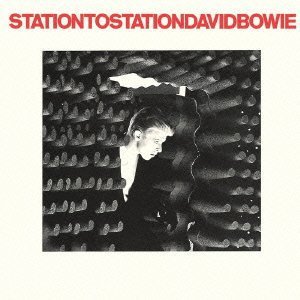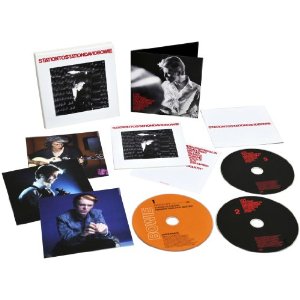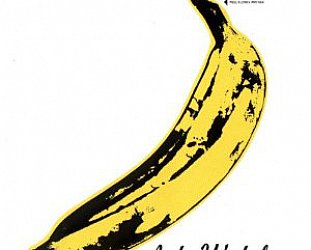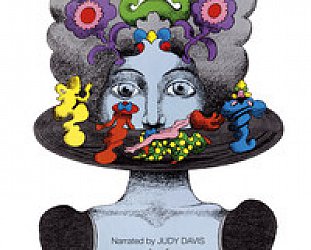Graham Reid | | 1 min read
David Bowie: Word on a Wing

Rock critics and civilians are
generally divided over David Bowie: people on the street seem to prefer the
stabbing pop-rock of Ziggy Stardust and
Aladdin Sane (with party favourite The Jean Genie) and
singles like Rebel Rebel and Let's Dance.
Critics – because they famously don't
dance – gravitate towards the sonic landscapes of “the Berlin
trilogy” (Low, Heroes, Lodger)
of the late 70s.
Few from either camp mention Station
to Station from 76 among Bowie's best albums. It was certainly
one of his most significant, both musically and personally, and
boasts the snapping pop single Golden Years and throwback
r'n'b rocker TVC15 alongside the epic title track and the
widescreen ballad Wild is the Wind (from the 57 film of the
same name and originally sung by the crooner Johnny Mathis).
Station to Station presents two
sides of Bowie – the pop-rock chameleon and the serious artist. It
fell between his self-described “plastic soul record” Young
Americans (which sprung the title track and Fame) and his
move to Berlin to detox and get arty with Brian Eno.
As critics Roy Carr and Charles Shaar
Murray noted in Bowie: An Illustrated Record, this album tied
off the Ziggy/plastic soul era and hinted at the new style
which would come to fruition on Low. It also featured Bowie's
last great persona (the thin white duke) and was both accessible
(Golden Years, TVC15) and impenetrable (the title track, the
romantic-religious Word on a Wing).
The album achieved its emotional effect
through a grand simplicity but had at its heart an icicle. Bowie
sounds remote and desperate (he doesn't believe these are golden
years despite what he says), and the music is sometimes agitated,
staccato and unnerving.
Station to Station – often
unfairly overlooked – has been reissued in a mini-box with essays
and a double live disc from the same period on which you hear Bowie
(as he would do on the live Stage two years late) hedge his
bets between hits (Suffragette City, Life on Mars, Five Years,
Changes and the crowd-pleasing finishers Rebel Rebel and
The Jean Genie) and the more demanding Station to Station
material – as well as an odd revision of Velvet Underground's
Waiting for the Man.
But Bowie was moving on, and the album
title on this one was loaded with meaning.







Phillip - Nov 27, 2010
This is the Bowie album I have returned to more often than Hunky Dory, Ziggy or Heroes. I have always loved the almost soundtrack like quality to Word on a Wing and Wild is the Wind. But like crtics I cannot dance, either.
Savepost a comment